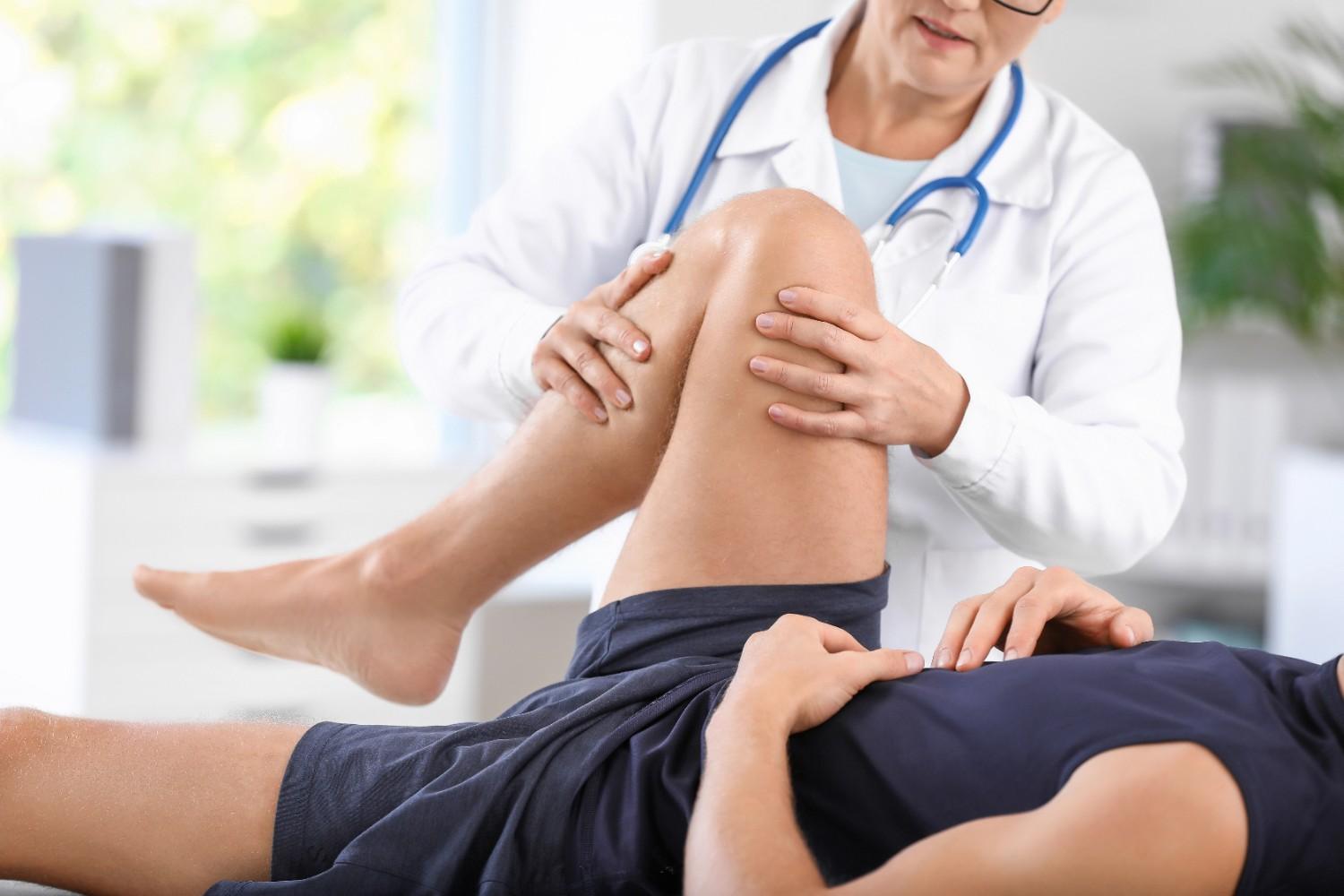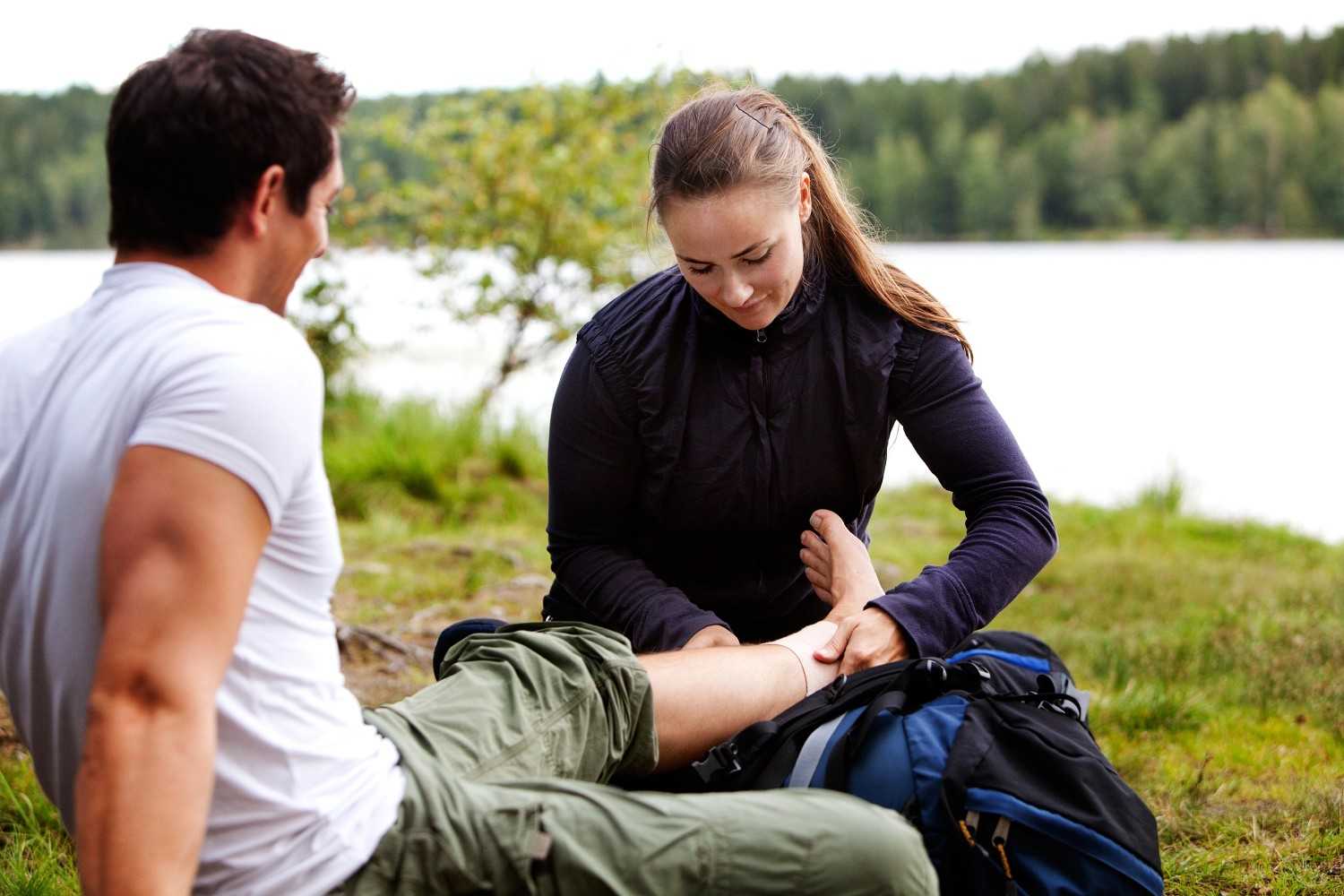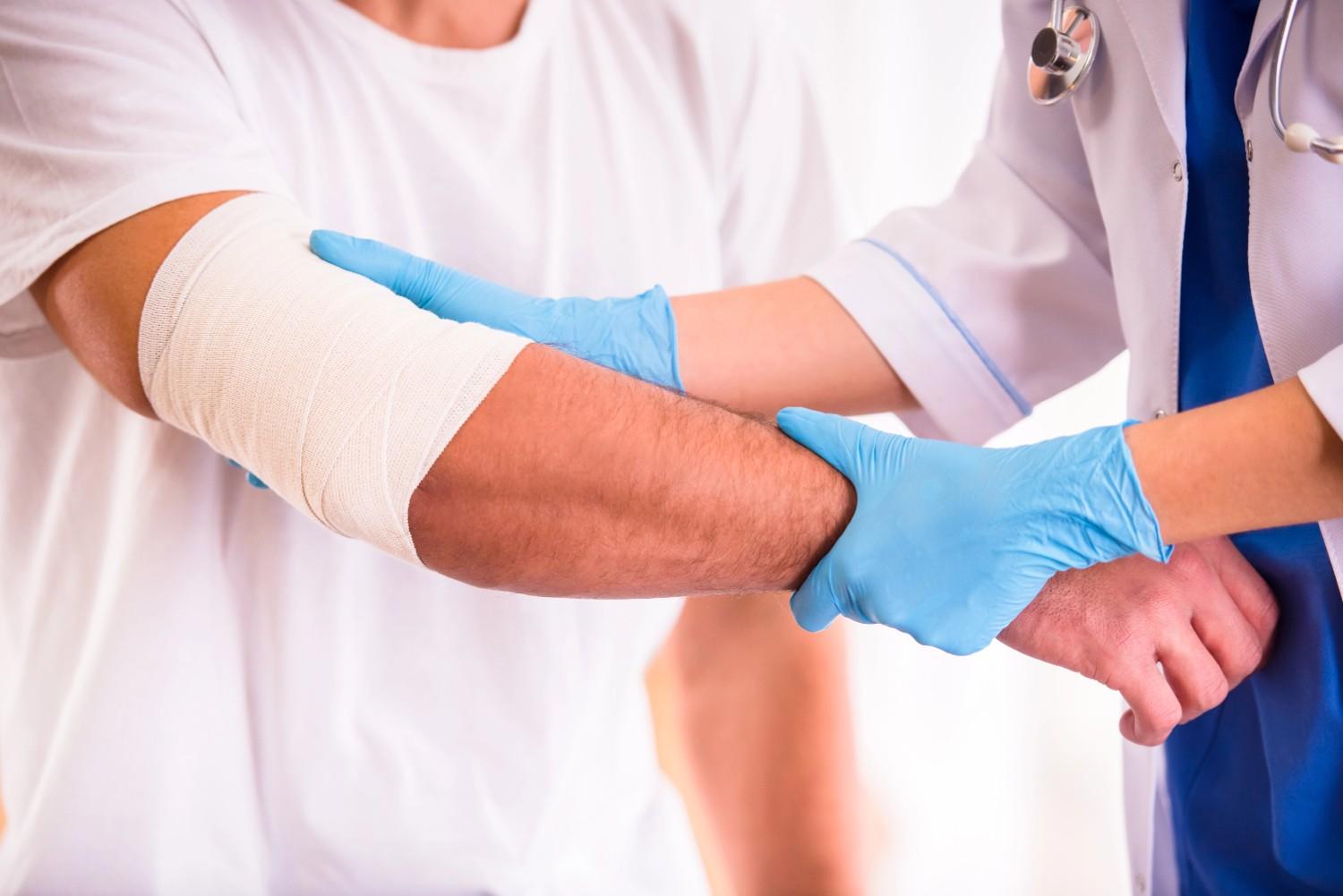Fast Relief for Joint Injuries, Sprains, and Strains at NextGen Walk-in Clinic & Urgent Care

Timely and Accurate Diagnosis
At NextGen Walk-in Clinic, we offer fast and accurate assessments for vaginal bleeding. Our team provides thorough evaluations to identify the cause and ensure you get the right treatment promptly.
Convenient Walk-in Services
No appointment is necessary at NextGen Walk-in Clinic. Simply walk in and receive the care you need for vaginal bleeding, ensuring a seamless and efficient experience with minimal wait times.
Comprehensive Care
Our clinic provides comprehensive care, offering diagnostic tests and treatments for conditions related to vaginal bleeding. We will guide you through each step of your care journey, ensuring peace of mind.
Compassionate and Confidential Care
At NextGen Walk-in Clinic, we prioritize your comfort and privacy. Our compassionate professionals provide confidential care, making sure you feel supported and respected during every stage of your visit.

Joint injuries, sprains, and strains are common musculoskeletal issues that can occur from everyday activities, sports, or accidents. Whether you’ve twisted an ankle, pulled a muscle, or strained a tendon, these injuries can cause pain, swelling, and difficulty moving. While many of these injuries can be treated at home, it’s essential to know when to seek professional care for a faster recovery. At NextGen Primary Care Clinica Hispana Walk-in Clinic & Urgent Care, we provide quick, efficient, and expert care for joint injuries, sprains, and strains, helping you get back on your feet with minimal downtime. In this blog, we’ll explore what these injuries are, their symptoms, treatment options, and how our clinic can help you recover.
Understanding Musculoskeletal Complaints
Musculoskeletal complaints are common health issues that can have a significant impact on your mobility and overall quality of life. These complaints involve the muscles, bones, tendons, ligaments, and joints, which work together to allow us to move and function daily. When any of these structures are injured or compromised, it can result in pain, discomfort, and restricted movement.
Symptoms of Joint Injuries, Sprains, and Strains
Joint injuries, sprains, and strains can result in various symptoms that affect movement and cause discomfort. Recognizing these symptoms early on can help you seek appropriate care and prevent further injury. Here are some of the most common symptoms to watch for:

Joint Injuries, Sprains, and Strains: An Overview
Joint injuries, sprains, and strains are common musculoskeletal issues that can affect your movement and overall quality of life. Whether caused by sudden trauma or overuse, these conditions can lead to pain, swelling, and difficulty moving the affected area. It’s important to understand the differences between these injuries to seek the right treatment and prevent further damage.
Understanding these common injuries and their causes is the first step toward preventing and treating them. Whether through proper warm-ups, strength-building exercises, or seeking timely medical attention, addressing joint injuries, sprains, and strains early can significantly reduce recovery time and prevent long-term complications.
If you experience pain, swelling, or limited movement from any of these conditions, it’s important to seek medical care at NextGen Walk-in Clinic & Urgent Care. Our healthcare providers are here to evaluate your condition and help you get on the path to recovery.

Treatment for Joint Injuries, Sprains, and Strains
When joint injuries, sprains, or strains occur, prompt treatment is essential to reduce pain, swelling, and prevent long-term complications. Here are some common self-care and medical treatment options:
Prompt treatment of joint injuries, sprains, and strains is crucial to a full recovery and to prevent the injury from becoming chronic. Whether you’re managing a minor sprain with R.I.C.E. or seeking medical intervention for more severe symptoms, it’s important to follow appropriate treatment strategies. If you experience symptoms such as persistent pain, swelling, or limited mobility, visit NextGen Walk-in Clinic & Urgent Care for expert evaluation and care. Our healthcare providers are here to help you get back to your daily routine quickly and safely.
Preventing Joint Injuries, Sprains, and Strains
Joint injuries, sprains, and strains can be debilitating, affecting your mobility and daily activities. However, many of these injuries can be prevented with a few simple precautions. By incorporating warm-up routines, using proper techniques, strengthening muscles and ligaments, and adopting ergonomic practices, you can reduce the risk of these common musculoskeletal injuries.
By adopting these prevention strategies, you can protect your body and significantly reduce the risk of joint injuries, sprains, and strains. Taking proactive steps, such as warming up, using proper technique, strengthening muscles, and maintaining good ergonomics, can help keep you moving pain-free and avoid long-term musculoskeletal problems.
How NextGen Walk-in Clinic & Urgent Care Can Help
At NextGen Walk-in Clinic & Urgent Care, we understand the inconvenience and discomfort that joint injuries, sprains, and strains can cause. Our goal is to provide you with fast, convenient, and comprehensive care to get you back on your feet as quickly as possible. Here’s how we can assist you:
At NextGen Walk-in Clinic & Urgent Care, we offer convenient, high-quality treatment for joint injuries, sprains, strains, and more. Our goal is to help you recover quickly, safely, and effectively, with the support of our dedicated healthcare professionals. Visit us today for fast and compassionate care!

Don’t Delay Treatment: Get Fast Relief for Joint Injuries, Sprains, and Strains
When it comes to joint injuries, sprains, and strains, early intervention is key. Delaying treatment can lead to longer recovery times and increase the risk of complications, such as chronic pain, weakness, or limited mobility. That’s why it’s important to seek medical attention as soon as you experience an injury or discomfort.
At NextGen Walk-in Clinic & Urgent Care, we offer immediate care with no appointment necessary, so you can receive the treatment you need without the wait. Our team of experienced healthcare professionals will assess your injury and provide timely, effective care to help you heal quickly and get back to your normal routine.
Patient Testimonials
At NextGen Primary Care, our patients are at the heart of everything we do. We’re deeply grateful for the trust they’ve placed in us, and we’re honored to hear about the positive experiences they’ve had with our compassionate care, quick service, and dedicated team. Here’s what a few of our patients have shared about their time with us:
Contact Us
At NextGen Primary Care, we understand the importance of accessible healthcare, which is why we offer convenient hours and flexible scheduling. Our clinic is here to serve you, whether you need urgent care, primary care, or specialized treatment.
Address
6306 Gulfton St #203,
Houston, TX 77081
Consultation Schedule
Mon – Wed: 9:00AM – 7:00PM
Thu – Fri: 9:00AM – 6:30PM
Sat: 9:00AM – 4:30PM
Get in Touch
Phone: 281-888-7289
Email: info@nextgenpcp.com
Follow Us
Trust NextGen Walk-in Clinic & Urgent Care
Our clinic is your go-to place for fast and reliable care when it comes to musculoskeletal injuries. Whether it’s a sprain, strain, or joint injury, we provide expert evaluations, on-site treatments, and compassionate care designed to get you back on your feet in no time.
Visit NextGen Walk-in Clinic & Urgent Care Today!
Don’t wait to get the care you need for your joint injury. Visit NextGen Walk-in Clinic & Urgent Care today for quick, efficient treatment without the wait. Our team is ready to help you recover and return to your active lifestyle as soon as possible!
Faster Recovery
Addressing joint injuries, sprains, and strains early can speed up your recovery and reduce the risk of long-term issues.
Prevents Complications
Delaying treatment can lead to more severe damage, such as muscle atrophy or ligament instability.
Reduces Pain and Swelling
Early intervention helps manage pain and reduce swelling, promoting a quicker healing process.
Visit us today or contact us for more information. Your heart health matters—let us help you protect it!











